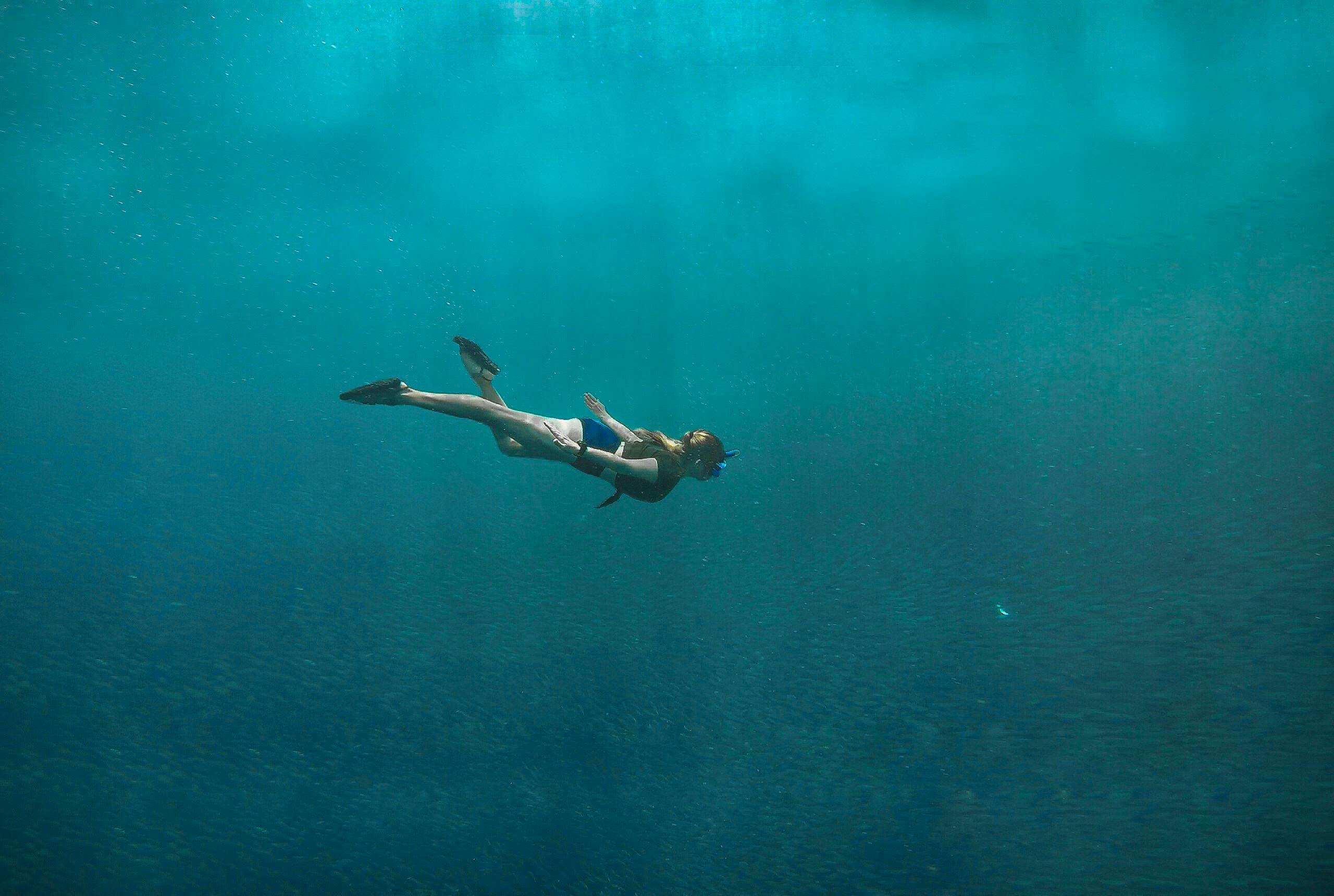The Haenyeo, a community of female free divers on Jeju Island, South Korea, have drawn scientific interest for their remarkable ability to dive in cold waters and collect seafood. These women, who begin diving at a young age and continue well into old age, exhibit genetic and physiological adaptations that allow them to endure extreme conditions.
A recent study led by researchers from the University of Utah and the University of California, Los Angeles (UCLA), revealed that the Haenyeo experience a significant drop in heart rate — about 50% — during dives, a response much greater than that of non-diving women in the same region. Genetic analysis further showed that women on Jeju, whether divers or not, share genetic variants associated with cold tolerance and blood pressure regulation, suggesting an adaptive heritage.
These adaptations reflect not only the impact of the Haenyeo’s lifestyle but also have potential medical implications. Researchers emphasize that understanding how the Haenyeo developed resistance to cold and controlled blood pressure could inspire new strategies to protect against conditions like hypertension and stroke.







